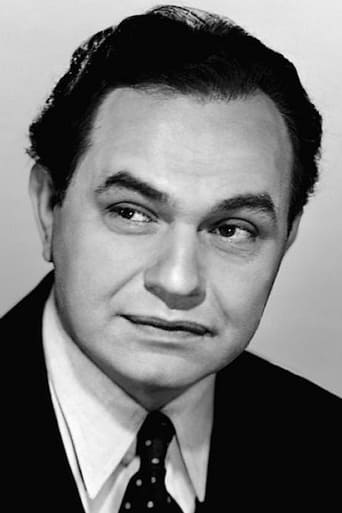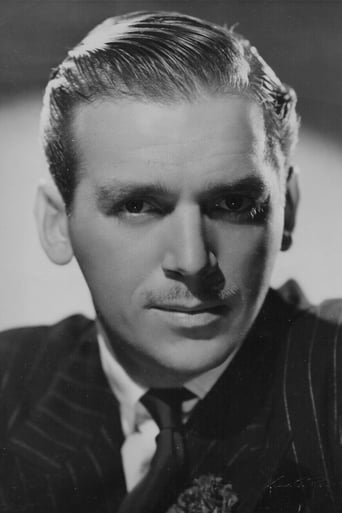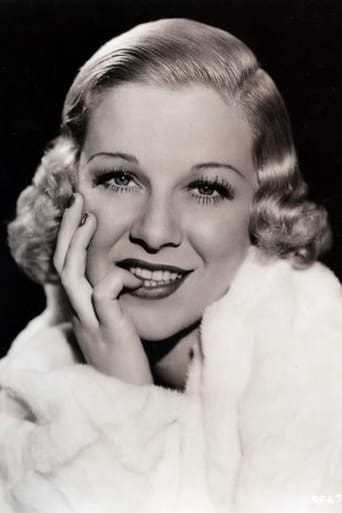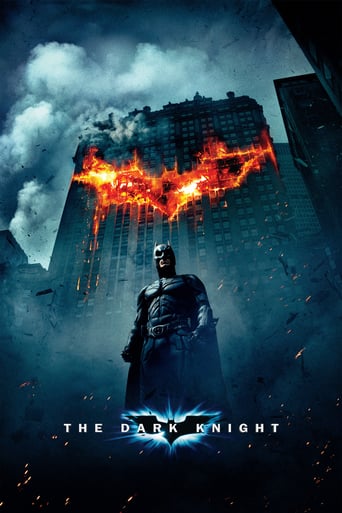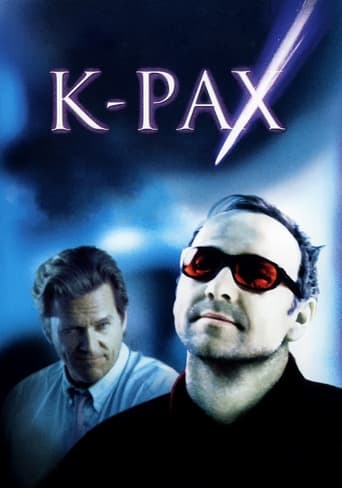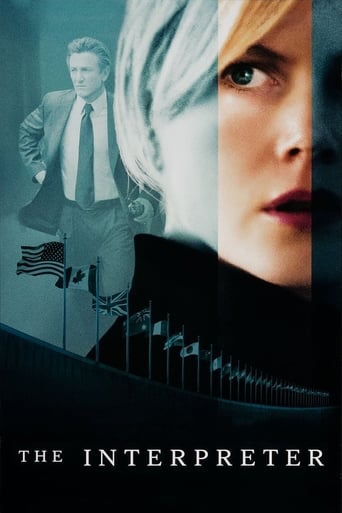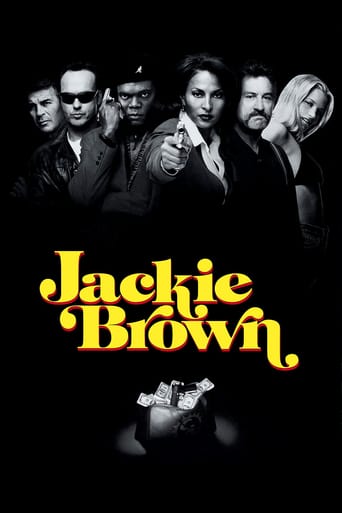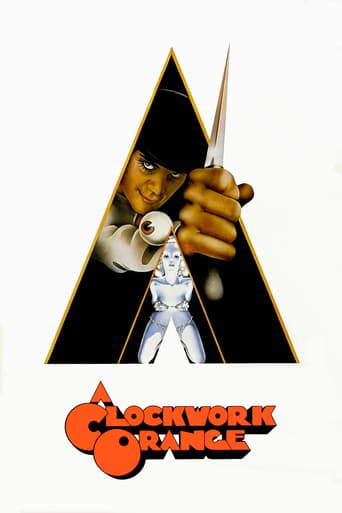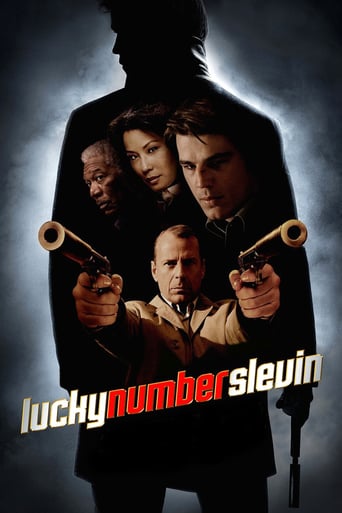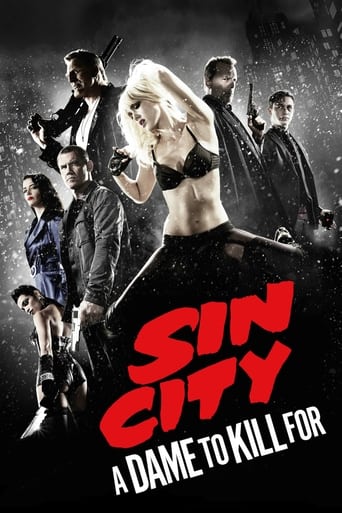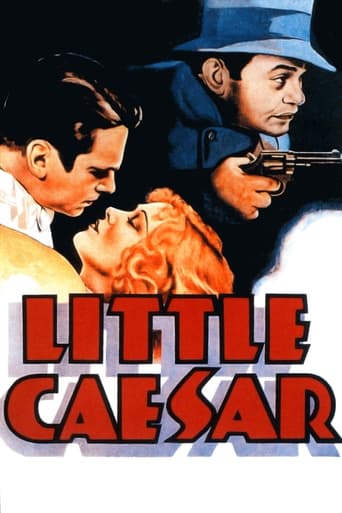

Little Caesar (1931)
A small-time hood shoots his way to the top, but how long can he stay there?
Watch Trailer
Cast


Similar titles
Reviews
Mervyn Leroy directed this early gangster picture that stars Edward G. Robinson as Rico, a tough-minded man who is determined to make something of himself, and so he, along with his friend Joe Massara(played by Douglas Fairbanks Jr.) goes to the big city, where they join a gang, and Rico quickly rises to the top, taking it over, and calling himself Little Caesar. He then sets his sights on a bigger gang, but after a high-profile assassination, Rico finds that despite his power and wealth, his violent lifestyle will catch up with him in the end... Robinson is the whole show here, so memorable is his performance that it makes up for the stilted nature of the picture.
In 1930, Prohibition was still depriving the lives of American citizens from one of their most beloved leisure: drinking. At the same time, Hollywood started to make talking movies, as to satisfy the thirst for a new kind of entertainment. While technology is more responsible for the talkies' success, is it really a coincidence that the most preeminent genre of the 30's was the gangster film, that the first sounds people would hear in theaters would be horns, screeching tires, firing machine guns, screaming women, and gunshots, or that the most memorable bits of dialogs would speak thought- provoking statements about American ideals? "Little Caesar" is a landmark that can't be analyzed outside its historical context: the climax of both the Prohibition and the criminal violence it generated. The Volstead Act was responsible for the rise of emblematic gangster figures such as Lucky Luciano, Meyer Lansky, and naturally: Al Capone, probably the only criminal to become a cultural icon, an ambiguity that is the very essence of the anti-heroic figure. And when you think of it, from Michael Corleone to Tony Montana, the most memorable movie gangsters have never been totally evil, amoral or spiritless. And all these underworld's icons owe something to Edward G. Robinson's performance as "Little Caesar", an Italian-American criminal who wants his share of the American Dream, and wants it badly. Little, as the title suggests, the character is remembered for his short stature and a "cat-fish mug" according to IMDb, while I perceive more more of a baby face, especially in the unforgettable close-up in the scene when he confronts his friend, Joe Massara, played by Douglas Fairbanks Jr. Anyway, as ingrate as his appearance is, Little Caesar embodies the syndrome of another famous emperor, Napoleon, the little guy who wants to conquer the world, which makes his Italian background more significantIndeed, whether Italian in Coppola and Scorsese's epic crime films, Cuban in "Scarface" or Jewish in "Once Upon a Time in America", there has always been a strong dichotomy implied between the growth of a new demographic category: young, male, eager to grow and to live the American dream and the subsequent rise of criminal activities. Little Caesar totally embodies the most pervert side of the American Dream, as if the status of emigrants was a sordid alibi for their ruthless ambition, as if America was a virgin land waiting for newcomers to make up for their lost years, when the WASP took all the legal areas, well, quoting Tony Montana's anatomical metaphor about Miami would be eloquent enough.And as a foreigner, Little Caesar knew all the tricks of the American Dream and lived his life as if he was trapped in a jungle and moved by a sort of survival instinct where the fittest is the one who gets bigger than the enemy and kills him. Maybe "Little Caesar" reveals the Darwinian impulses of criminal, surviving in an environment that maintains the 'good' citizens in a state of slavery while only the outlaws can free themselves, by being strong, tough and not undergo the unfair decisions from the Law, starting from the Prohibition itself. Rico's defying attitude is the driver of his status as a hero from the wrong side, hence his place as one of the first cinematic antiheroes.And we take him seriously because he doesn't enjoy himself; he's never gratuitously sadistic or violent. Forget about women and booze, cigar is his only weakness. And since cinema is more an art of imagery than ideas, the cigar became a synonym of toughness, leadership and Alpha-male charisma, which is also at the same time the very symbol of the capitalistic figure. The power of Robinson's performance is to supposedly base a performance on a figure like Al Capone, with whom he share similar facial features, yet still carry some respectability of its own, and become a landmark in terms of influential performances, only equaled by James Cagney in "The Public Enemy", who plays a totally different character.There's even more to say about Robinson's performance which is more three-dimensional than most of today's criminal portrayals, his attitude towards his friend's romance betrayed a more ambiguous personality, slightly hinted by the interactions with his effeminate sidekick. But what the 'seemingly' homosexual undertones show is a man so diluted in his own ego he wouldn't let himself distracted by a relationship, a man who tries so much to play it tough that he can't hide the fact that he can become as soft as his enemies were, and it's the film's pivotal moments of the film, when he realizes he can't kill his friend, to which the sidekick retorts by calling him "soft": the Emperor started slipping. Like Tony Montana in "Scarface", Little Caesar's weakness is his heart and his demise is as immediate as his rise was swift. And as a man who succeeded by the ego, he'd perish by it, by calling him a coward, the Irish Detective Flaherty brought him back from the slums to the spotlights, for the ultimate confrontation. And I'm sure that for the first time, viewers rooted for the villain and not just because the better actor played him. Through the unforgettable "Mother of mercy, is this the end of Rico?", we can feel that Rico had such a high opinion of himself, he couldn't even believe he would die, and that's what his eyes betray: disbelief. That's what most gangsters are: big egos, we admire first and feel sorry for at the end. And the end of Rico coincided with the birth of the antihero, and if by many aspects, the film has dated a little bit, some parts are grainier than others, and many performances, including the histrionic cop leave a lot to desire, there's no doubt that "Little Caesar" carried by a bravura performance from Edward G. Robinson, planted the first seeds of the gangster film see?
The ambitious criminal Rico (Edward G. Robinson) moves from the country to the big city in the east and joins Sam Vettori's gang with his friend Joe Massara (Douglas Fairbanks)...I have to say this was a fun, enjoyable film, and it clearly inspired many other gangster films of its era. Not to mention the fact that the chief piece of anti-organized crime legislation was named after the lead character of this film... it has sealed its place in history.I will say that time has not necessarily been good to the picture. The sound is poor at times, the video fuzzy, and it really needs a better restoration than the DVD that Warner Brothers produced. Also, it has moments that may have been good for 1930s viewers, but come across as unintentionally funny now.
Little Caesar is an archetypal gangster film from the early 1930s, a early example and it offered a breakout performance for Edward G. Robinson whom distinctive voice has been copied for Chief Wiggam in The Simpsons.Rico (Robinson) and his friend Joe Massara (Douglas Fairbanks, Jr.) are two small town hoods who move to the big city to make a name for themselves in the criminal underworld. Rico quickly raises up the ranks, earning the nickname "Little Caesar" and shows a skill for planning heists. Rico overthrows his boss Sam Vettori (Stanley Fields) and becomes one of the leading gangsters in the city. But of course with notoriety he becomes a target of other gangsters and the police, led by Sergeant Flaherty (Thomas E. Jackson), as well as alienated his old friend. g The best aspect of Little Caesar was Robinson, a very talented actor who was able to give his role real menace, someone who is willing to be very ruthless, willing to use violence and has a Machiavellian personality who will do anything to gain power. He is smart but has an ego which is his downfall. Robinson embodied his character, a rags to riches to rags story out a small time thug making it big. It is very much like Scarface in story.Director Mervyn LeRoy was able to some nice camera movements, particularly for the time where the camera was often stasis. He also made a very quick film, it is only 76 minutes and the pacing lightening fast. If anything the film was a little too quick, we do not get to establish how some events happen, like Rico and Joe just going to he big city, easily meet a gangster and then overthrow himself in the first 30 minutes. I would have like to have seen a little more background, a little more detail, like what where these two people like in the small town, what was this small time like, wouldn't they need to prove themselves to a major gangster to show they were worthy and committed to the crew before joining it, what was the internal politics of the crew and that wouldn't there be more of a challenge to Rico becoming the leader seeing he was a nobody a few months ago. LeRoy also uses some text screens to skip over long periods of time instead of showing up. But Little Caesar does everything it wants to put across in its short running time very well and I expect that it was made as a part of a double feature.Whilst Robinson was very good in his role, it was the role that made his career, the rest of the acting is typical of the early 30s, over-the-top with the delivery, very melodramatic and speaking in that 1930s hard boiled way. Still it was the standard of the time and I have seen a lot worst acting in films.Little Caesar is a good film, but it is not a gangster film that we know now. This film is a more a character study and a story how someone could rise to top just so they could fall even further. It is a solid piece of film making for the time.


